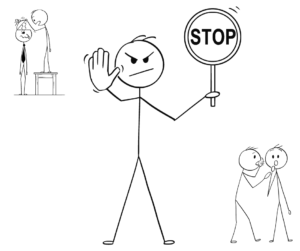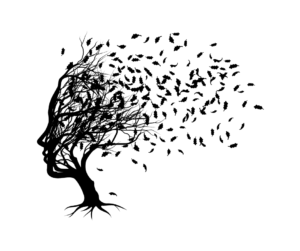Let’s have a candid conversation about recognising red flags in relationships. Today, we’re delving into the subtle and not-so-subtle signs that can help us identify toxic dynamics early on, paving the way for healthier connections.
Think of toxic relationship patterns as dark clouds looming on the horizon. At first, they may seem innocuous, but if left unaddressed, they can overshadow the sunshine of our lives and cast a shadow on our well-being. For a lot of us, by the time we realise that the relationship is toxic, our co-dependency has kicked it. Then we try and justify to ourselves why that person isn’t so bad after all. The problem with that is in justifying their worthiness, we often diminish our own.
What are the subtle and obvious signs that identify a relationship as toxic?
Subtle Signs:
- Pay attention to subtle signs like passive-aggressive behaviour, lack of communication, or constant criticism disguised as “constructive feedback.” These subtle red flags can often go unnoticed but play a significant role in eroding the foundation of a healthy relationship.
Obvious Signs:
- Obvious signs of toxicity may include manipulation, control, gaslighting, or emotional abuse. These behaviours are like loud sirens warning us of imminent danger, urging us to take action and prioritize our well-being.
Gut Feeling:
- Trust your intuition. If something feels off or you find yourself constantly walking on eggshells, it’s essential to acknowledge and explore those feelings. Our gut instincts are powerful indicators of underlying issues in a relationship.
In as much as it is easy to blame everyone else for their behaviour, we have to hold ourselves accountable for what we allow and the way we show up for ourselves. What if we paused for a moment to reflect on our own behaviors in relationships? What if we asked ourselves whether we’re contributing to a healthy dynamic or perpetuating toxic patterns? It’s a sobering thought, but one that invites us to take a closer look at our actions and their impact on those around us.
Recognising red flags and identifying toxic relationship patterns is not always easy, but it’s a crucial step towards prioritizing our mental and emotional well-being. By cultivating awareness and listening to our intuition, we empower ourselves to make informed choices and foster healthier connections. As we navigate the intricate tapestry of relationships, let’s remember to heed the warning signs, trust our instincts, and strive for relationships that uplift and support us on our journey.



